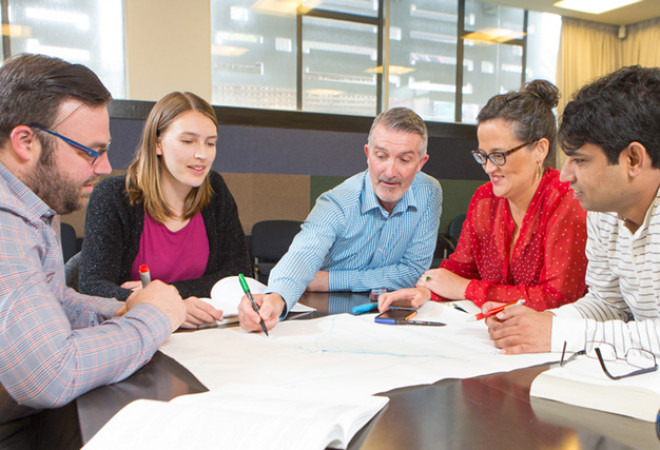
Designing professional development for experienced teachers in tertiary vocational education
Status
Completed: 11 September 2016
Project Details
This two-year collaborative project highlights recommendations, guidelines and considerations for those responsible for planning Professional Development for experienced teachers.
Aims:
The aim of this project is to identify how useful professional development is for experienced teachers in the tertiary vocational education sector in New Zealand and to improve the design of Professional Development programmes.
Methodology:
A qualitative online survey of 1176 teachers and managers with at least five years’ tertiary teaching experience.
It aimed to identify what kinds of Professional Development are useful to establish a baseline for:
- planning PD to guide organisational change for managers/educational developers
- support teaching practitioners
- further studies in a field under-represented in the literature.
Team

Gerard Duignan
Project Leader
Wellington Institute of Technology (WelTec)
John Hitchcock
Wellington Institute of Technology and Whitireia New Zealand (WandW)
Carmel Haggerty
Wellington Institute of Technology (WELTEC)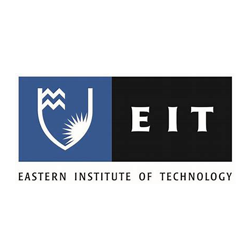
Scott Casley
Eastern Institute of Technology (EIT)
Deb Stewart
Eastern Institute of Technology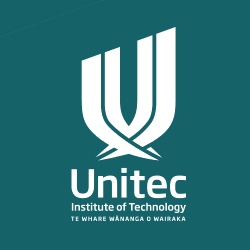
Chris Lovegrove
Unitec Institute of Technology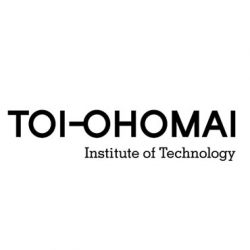
Malcolm Hardy
Bay of Plenty Polytechnic
Cath Fraser
Toi Ohomai Institute of Technology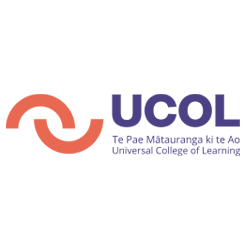
Janet Walke
Universal College of Learning (UCOL)
Lynette Singh
Research assistant
Whitireia NZ
Sue Sewell
Whitireia NZStatus
Funding
$18,690.00 (excl GST)
Key Findings
The main findings arising out of comments from respondents when asked “If time and money were not an issue, what kind of PD would you choose?” included:
- Develop learning and teaching practices to engage learners
- Attend relevant conferences, workshops or talks
- Spend time with industry or network with teachers or experts in their own field
- Learn skills for their responsibilities as leaders, mentors, managers – through informal and formal learning, including gaining qualifications
- Upgrade their research skills through publication or guidance on supporting research.
Key Recommendations
Recommendations for Educational developers include reminders of
- The value of conferences and workshops, and in-house training
- Timing – when to offer PD around common workload demands
- Communicating the availability of PD opportunities of interest to experienced teachers
- To assist staff to identify their intrinsic and extrinsic motivations to engage with PD
- Recognition of effort, including PD which leads to something, e.g. “building blocks” towards a longer term objective.
Recommendations for managers of experienced staff include ensuring that the PD
- Is chosen by the staff member
- May involve formal learning, such as higher qualifications
- May include specialist discipline training and upskilling
- Includes sufficient funding and time
- Will be regarded by experienced staff as beneficial to both to the staff and the institution.
A report prepared by Gerald Duignan et al.
(PDF, 2.1 MB, 54-pages).
- 24 August 2016
These guidelines emerged from a project for designing professional development (PD) programmes for experienced teachers in vocational education. They capture the main findings of a survey of over 400 staff conducted by a group of 11 researchers from six New Zealand institutions.
(PDF, 360 KB, 2-pages).
- 24 August 2016